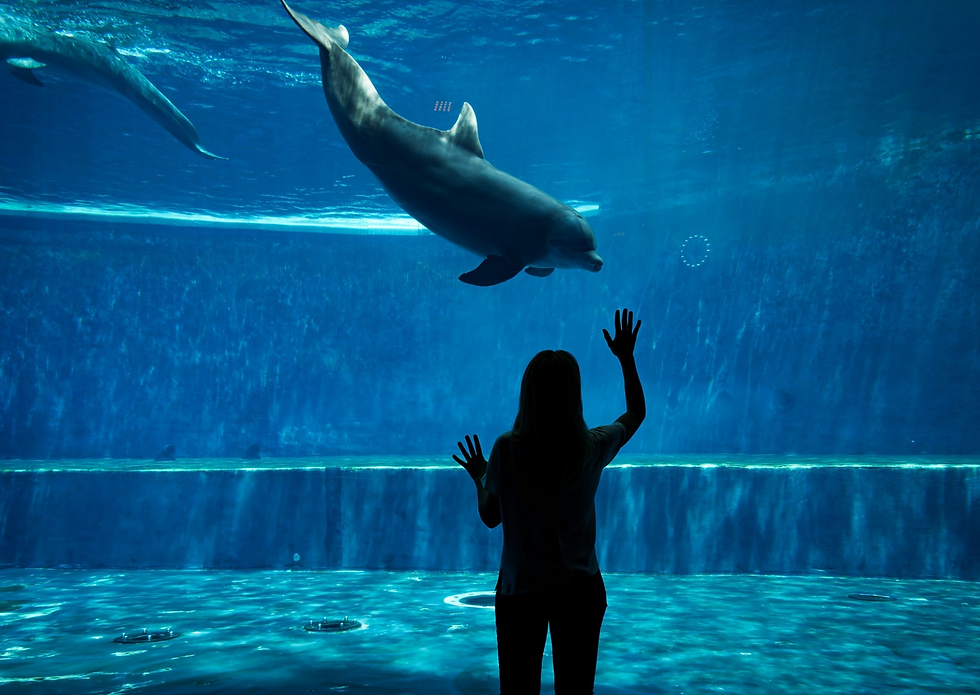
Zoos Directive
EAAM parks operate under the EU Zoos Directive (1999/22/EC), ensuring the highest standards in conservation, education, and science. Beyond legal requirements, they actively contribute through research, public awareness, animal welfare, and continuous advancement of professional standards.
Education
Visited by over 21 million people each year, EAAM parks connect people with animals. They invoke curiosity of the natural world and its inhabitants through formal and informal education, spark conservation-minded behaviour, and motivate tomorrow's environmentalists, animal caretakers, scientists and researchers.
EAAM parks provide specialised and scientifically accurate educational programmes for all age groups in the hopes that our animals will inspire change. Educational programmes are complemented by possibilities for internships, study courses and scientific research. Nothing makes as strong an impression – and inspires action – as a direct encounter with the natural world.

Conservation
For more than 40 years, conservation has been central to the mission of EAAM and its members. EAAM parks and partners support projects worldwide, from protecting the endangered Mediterranean monk seal and Chilean dolphins to funding and conducting vital scientific research. Knowledge gained in zoological parks contributes directly to the care and conservation of wild populations. In addition, EAAM members play a key role in rescue and rehabilitation, responding to stranded or injured marine mammals across Europe and returning many to the wild.
Science
EAAM shares knowledge through publications, symposiums, and educational programs. Its journal, Aquatic Mammals, is the oldest international scientific publication on marine mammals, featuring peer-reviewed research on husbandry, behaviour, conservation, veterinary care, and environmental impacts. Published quarterly, it is supported by AMMPA and IMATA.
